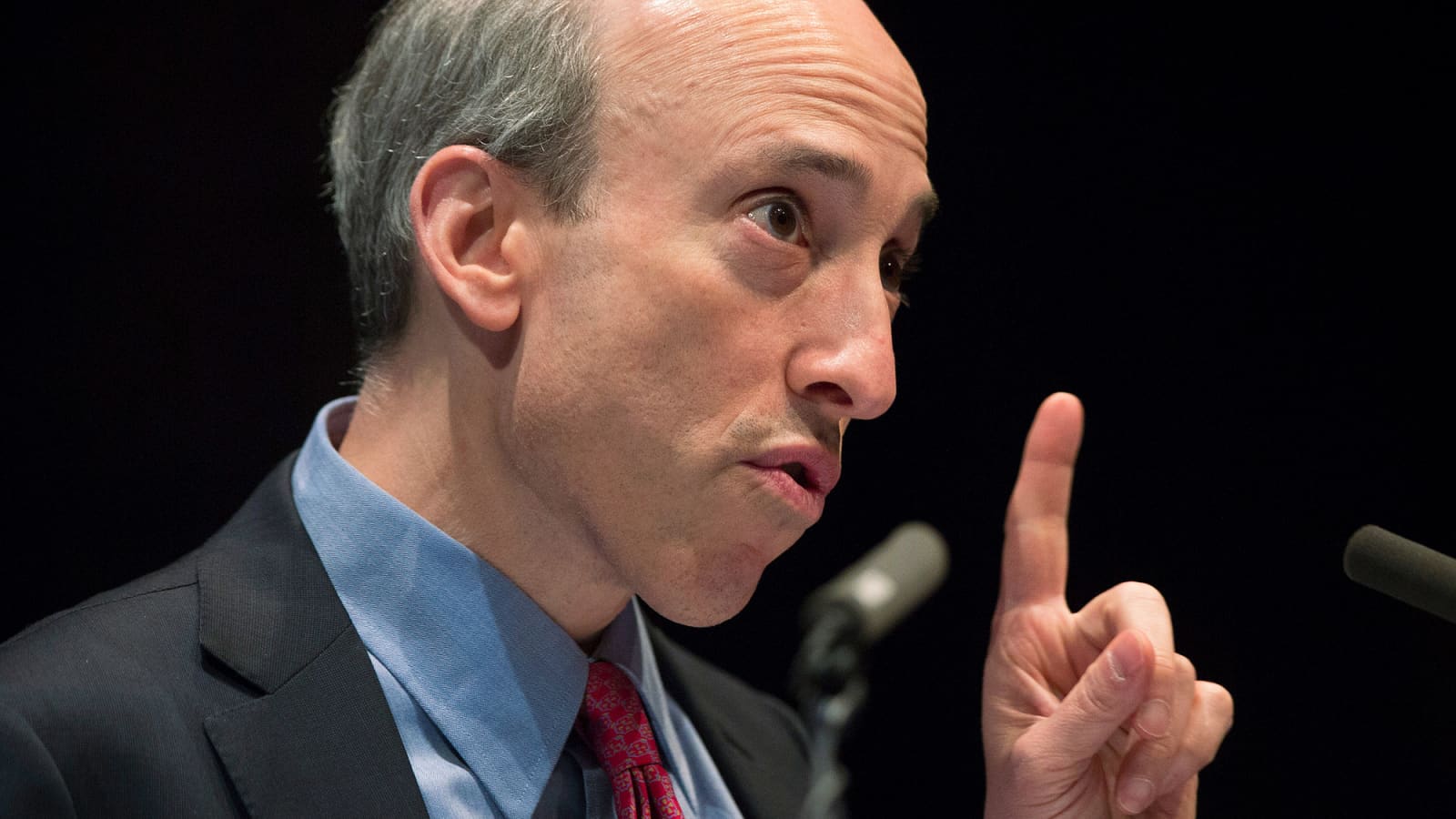
Oklahoma congressman Frank Lucas used a House Committee hearing Tuesday to again caution the head of the SEC in his agency’s headlong development of mandatory climate-risk disclosure rules on businesses.
“It’s absolutely important, as much faith that I have in the MBAs and attorneys and the poli-sci people, it’s important that these other scientific disciplines be involved in this process,” warned Rep. Lucas after listening to Securities and Exchange Commission Chairman Gary Gensler.
The testimony by Gensler came during a hearing of the House Committee on Financial Services where Gensler updated members on his agency’s development of Environmental, Social and Governance or ESG disclosure by businesses.
“Whether it is consulting with the other entities in the federal government that have that expertise or drawing on it from somewhere else, this is too important just to create rules and regs. It has to be done, I think Mr. Chairman, you and I both would agree in a very thoughtful fashion,” urged Rep. Lucas.
The congressman also pressed the SEC chairman on the climate-risk disclosures sought by the agency.

Here is the exchange between the two:
Lucas: Perhaps only a few of our colleagues remember the amount of time when you were CFTC Chairman, and I was the Ag Committee Chairman that we spent in quality hearings. Of course, you’ll always note that I focus on things that are important at home and today I would like to put my particular perspective on the upcoming climate-risk disclosure rule-making that’s generated a lot of interest here in Oklahoma, since we are both producers of traditional and renewable energy as well as an ag area that consumes a great deal of energy.
So, with that Mr. Chair, publicly traded companies are at varying stages of climate and ESG disclosure, and the related reporting and climate modeling is a still-evolving practice. Chairman, are you concerned that the upcoming climate-risk framework could have an out-sized burden on small-to-medium sized companies, and how might the SEC account for this?
Gensler: I’m really looking with the support of my fellow Commissioners to try to put something out for public comment. And a question you just raised, to include questions like that to the public as to large issuers versus small issuers as you mentioned. And also, implicit in what you’re saying, some reporting will be easy to do sooner- I’ve asked staff to look at qualitative disclosure about governance and strategy but also quantitative disclosure to make sure that the disclosures people are making particularly around greenhouse gas emissions have consistency. But how to potentially even phase the implementation amongst large and small issuers and also amongst the different types of disclosures.
Lucas: As many would argue, I think quite correctly, the small and medium sized companies are the real generators of opportunity, are the real generators of growth. So, we don’t want to harm their ability to compete with their big brothers and sisters, so to speak. That said, continuing to think about this issue, you have said that your staff is considering quantitative factors such as metrics related to greenhouse gas emissions, climate-change financial impacts, and advancement towards climate-related goals.
Could you describe the current depth of climate expertise housed at the SEC? Are there currently climate and environmental scientists on staff and is the Commission engaging with agencies such as NOAA, the EPA, and the Department of Energy regarding the climate-risk rulemaking?
Gensler: The expertise at the SEC is around disclosure about and ensuring that the public- looking at the disclosures that are currently. Again, hundreds of companies are making voluntary disclosures now, trying to bring some consistency and comparability to those disclosures. To your second question, yes we have been in conversation with other important parts of the U.S. government.
Click
here to watch Lucas’ Q&A.







